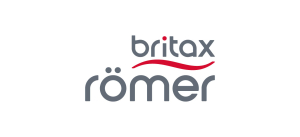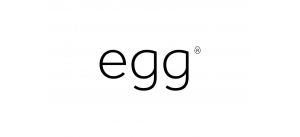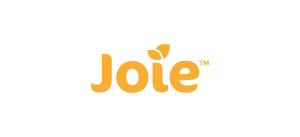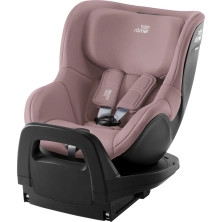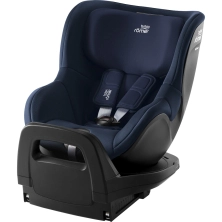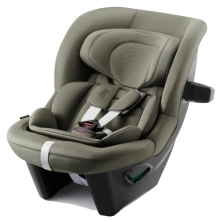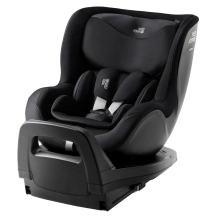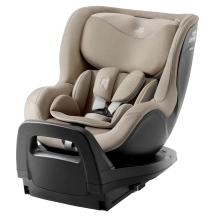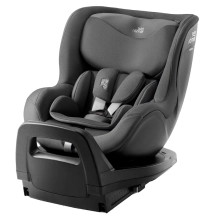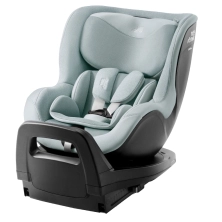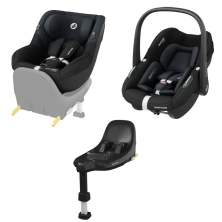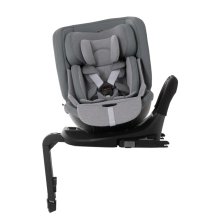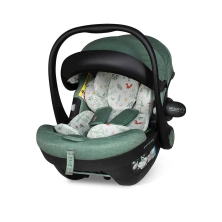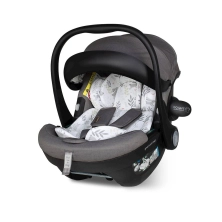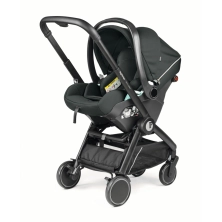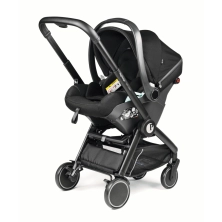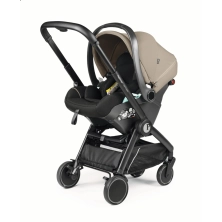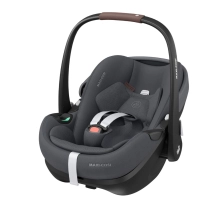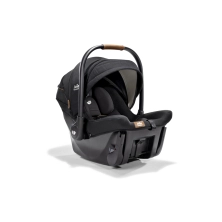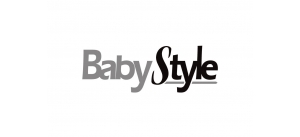No products
- Showroom Appointments Book Now
- Free Delivery
- Lowest Prices Checked Daily
- Over 1 Million Customers Served
The first car seat that you buy for your baby will usually be in group 0/0+. Child car seats in this group are small, light, rear-facing, and support your little one from birth to 13kg (approx. 0 to 15 months old). Choosing a car seat that’s suitable for your baby until they’re around 15 months old, means extra money in your pocket to spoil them with, as well as peace of mind that the tiniest member of the family is always protected in the car.
Some child car seats in group 0/0+ have been designed so that parents can attach them to a pushchair chassis. This means that not only have you got a child car seat but a handy travel system too. So, when your baby is snoozing way, you can transport them from the car to the pushchair without disturbing their peaceful slumber.

Frequently Asked Questions
What Is Unique About Car Seats Intended From Birth - 15M?
Infant Carriers or Group 0 models, are designed to offer ultimate protection during the first months of a child's life. Travel can be risky because young children are more vulnerable due to different growth phases. When you select a car seat for babies from newborns to 15 months, you can know that a child is safe.
Increased liner support, headrest adjustability, temperature control padding and rear-facing positioning are all features that these car seats typically include. If you choose to use a multi stage car seat, safety can be affected and not offer the correct postural support and positioning when travelling
What Position in the Car Should a Birth - 15M Car Seat Be Installed In?
Infant carriers should always be rear-facing in the car. UK Law and R129 guidelines state that children must remain rear-facing until 15 months old and 76cm in height. Babies must be rear-facing in the car to ensure they have the very best protection. By being rear-facing, their head, neck, and spine are kept aligned, offering maximum protection.
Ideally, the car seat should also be in the middle of the back seat to avoid dangers such as deploying airbags or side-impact collisions. However, placing it anywhere in the back seat is acceptable if this is not possible.
It's important to clarify that a rear-facing car seat can be placed in the front passenger seat if the airbag can be turned off. However, if the airbag cannot be deactivated, it is illegal to use a rear-facing car seat in the front.
For forward-facing car seats, it's essential to consult the car manual, as it will advise whether the airbag needs to be left on or turned off.
Always refer to the car manual and car seat manufacturers' fitting lists for assurance.
How Do I Install a Birth - 15M Car Seat?
This will depend on the product you have selected so always check out the manufacturers guidelines. However, generally speaking car seats should be fitted using either a seatbelt or Isofix base. Click this link to find out more details on how to fit a car seat correctly.
How Much Do Birth - 15M Car Seats Cost?
If you choose a car seat only intended for use from birth to 15 months, you can expect to pay anywhere from £60 to £350 (£500 with an Isofix base). Pricing differences will depend on features such as safety considerations, compatibility with travel systems, installation method and design. You can also choose from a selection of brand names, which will cause the cost to fluctuate.
Should you want to select a car seat to last for a longer period, we also offer models suitable from birth to 4 years and birth to 11 years. These products include the same safety features but allow more adjustability to accommodate a growing child.
How Do I Select the Right Birth - 15M for My Child?
Choosing a car seat can indeed be challenging, as factors such as weight and size of the seat can influence your decision. It's crucial to ensure that the car seat you choose offers optimal support for your child and is suitable for newborns.
Additionally, we sell only approved car seats that adhere to the European safety standards R44 or R129.



